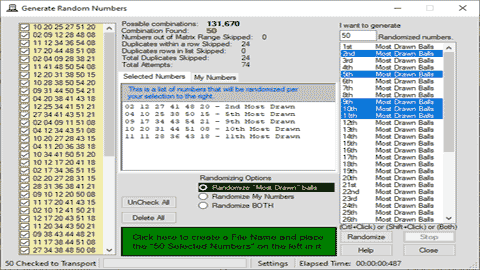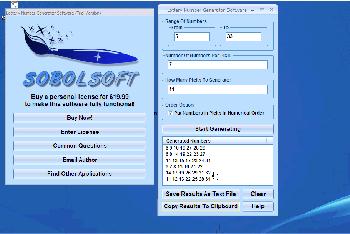


Using technology to mitigate the abuse of technology is a fools errand. So yeah, it turns out it’s far easier to be open and verifiable with a far more simple process (like a manual paper/pencil one) than a complex one (like a computerized one)… whoda thunkit?ĪNY system can be hacked, by one means(extremely sophisticated) or another(dipshitsimple).

Simply being open source doesn’t automatically make things trustworthy either of course, it’s just one link in a chain that makes it POSSIBLE to become so… as I think has already been mentioned… Other links include verifiability that the source code you see openly is what’s actually running (proper full verifiability takes into account any compiler/interpreter too, of course) Another link is the hardware… how do you know the hardware itself hasn’t been modified to skew the results somehow? Same principles of openness and verifiability must apply there too… Does the security audit examine every line of the source code? Or just treat the system like a black box and test it from the outside? How do you know which one? If the latter, the hack itself could easily have happened BEFORE the security audit… and was just designed to produce proper randomness during the audit, then later on, on certain days, produce the non-randomness… Can anyone say “Vokswagen”? It could have been designed this way from day 1.Īnd THIS is why closed source cannot be trusted. It depends on how the security audit is done. Tags: hacking, insiders, lotteries, random numbers, votingĪp2:44 number generator had apparently been hacked after the machine had gone through a security audit.”

Anyone who thinks we should have electronic voting machines - or worse, Internet voting - needs to pay attention. It’s getting harder and harder to trust opaque and unaccountable algorithms. The software would only produce the non-random results after the software security audit was completed. The number generator had apparently been hacked to produce predictable numbers on three days of the year, after the machine had gone through a security audit. The random-number generators had been erased, but new forensic evidence has revealed how the hack was apparently done. Interesting article about how a former security director of the US Multi-State Lottery Association hacked the random-number generator in lottery software so he could predict the winning numbers.įor several years, Eddie Tipton, the former security director of the US Multi-State Lottery Association, installed software code that allowed him to predict winning numbers on specific days of the year, investigators allege.


 0 kommentar(er)
0 kommentar(er)
